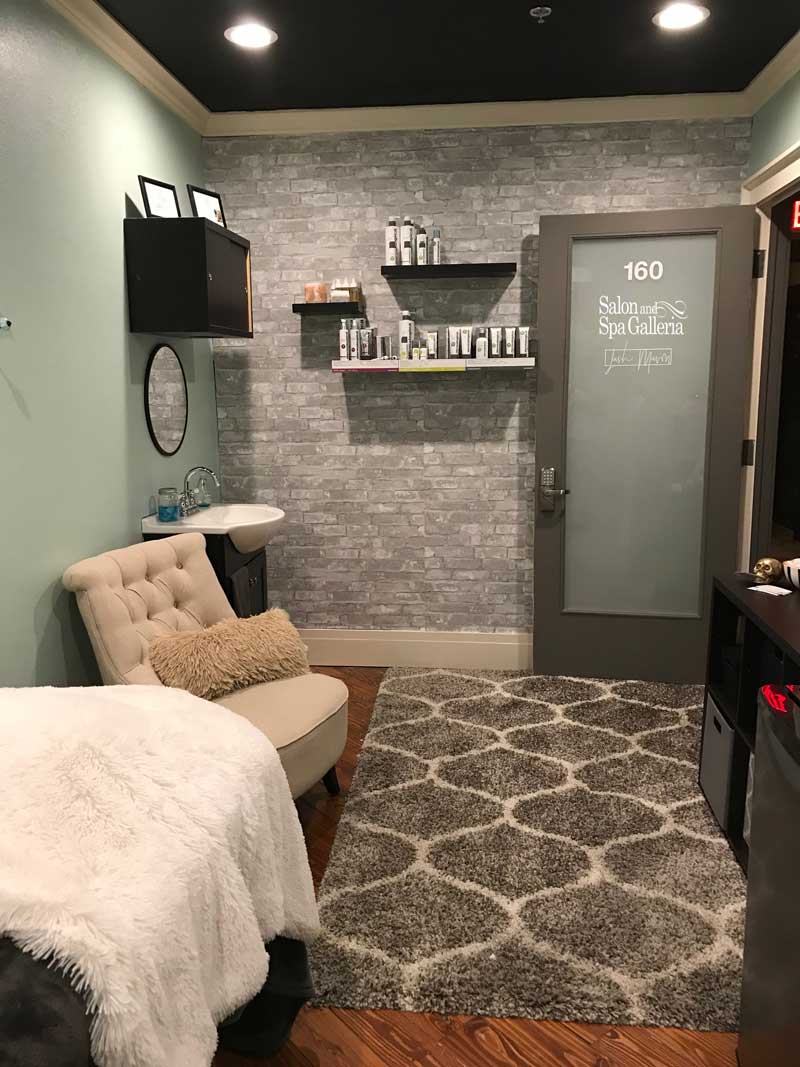Strategic Choices: Weighing the Benefit of Renting Versus Possessing a Beauty Parlor Area to Optimize Long-Term Success and Financial Practicality
When it comes to developing a salon business, one of the crucial choices that owners must meticulously consider is whether to rent out or possess the room in which they operate. The option in between leasing and owning a salon area can have a significant influence on the lasting success and monetary health of the company.

Benefits And Drawbacks of Renting Out
When considering the decision between renting out a hair salon space or owning one, it is crucial to consider the pros and disadvantages of renting out to make an enlightened selection. One primary benefit of leasing a beauty parlor space is the versatility it uses.

Financial Factors to Think About

Thinking about the economic ramifications of renting a beauty parlor room versus possessing one is crucial for making an educated business choice. When assessing the monetary variables, it is essential to evaluate the first expenses related to each option. Renting out a salon area typically requires a safety deposit and month-to-month rent payments, whereas possessing involves a down payment, home mortgage settlements, home tax obligations, and upkeep costs.
Moreover, the long-term economic effects differ between renting out and owning. Leasing supplies versatility however may lead to greater collective costs in time due to rental boosts. On the various other hand, owning a hair salon room provides possible equity growth and the chance to construct assets. It is necessary to conduct a cost-benefit analysis to establish which alternative straightens best with your economic objectives and company technique.
Additionally, take into consideration the influence on capital and profitability. Leasing might use lower upfront expenses, enabling you to allocate more sources to advertising and organization development. In comparison, owning requires a substantial first investment yet may bring about set you back financial savings in the future. Reviewing these economic variables comprehensively will assist you make a critical choice that enhances your salon's lasting success and economic viability.
Operational Adaptability and Control
Optimal functional effectiveness plays a critical function in establishing the balance between flexibility and control when choosing in between leasing and owning a hair salon space. Renting out a beauty salon space uses inherent versatility as it allows for less complicated adjustments to changing market problems, client preferences, or service needs.
On the other hand, owning a salon room gives a greater sense of control over the residential or commercial property and its operations. Proprietors have the flexibility to personalize the space to their preference, execute long-lasting techniques without the threat of lease discontinuations, and possibly construct equity with time. Possession additionally comes with duties such as building upkeep, insurance coverage, and residential property tax obligations, which can influence the total economic commitment.
Ultimately, the choice between renting and owning should think about the desired degree of functional versatility and control that lines up with the hair salon's lasting objectives and vision.
Financial Investment Prospective in Possession
Offered the operational factors short hair salon to consider talked about previously, checking out the investment possibility in beauty parlor possession loses light on the monetary effects and long-lasting advantages that come with owning a hair salon area. By investing in a hair salon room, owners have look at here the potential to benefit from building gratitude, which can serve as a valuable asset in the lengthy run.
In addition, ownership enables higher control over the room, making it possible for owners to personalize and customize the hair salon to their certain brand and vision without the restraints frequently enforced by proprietors. This level of control can boost the total customer experience and brand name identity, possibly causing increased client retention and company development.
In regards to investment capacity, possessing a salon room can also open up opportunities for extra earnings streams, such as leasing out extra room to various other beauty experts or incorporating retail sales within the beauty salon. Salon suites for rent. These varied income resources can add to the total monetary health and sustainability of the service
Long-Term Security and Development
With an emphasis on sustainability and growth with time, establishing long-lasting stability and fostering development are critical facets of beauty salon ownership. To make sure long-term security, beauty parlor proprietors should very carefully think about elements such as area, market patterns, and monetary planning. Choosing between renting and owning a beauty parlor space plays a significant role in establishing business's development potential.
Renting a salon room gives flexibility and reduced initial expenses, allowing owners to assign resources towards boosting services and marketing initiatives. Nevertheless, long-term rental costs can affect earnings and restrict the capability to construct equity in the building. On the various other hand, having a beauty salon room supplies security via dealt with home mortgage repayments and the capacity for building appreciation. By possessing the area, beauty salon proprietors have more control over customizing other the residential property to match their brand and can take advantage of long-term possession development.
Eventually, the decision between renting and having a hair salon room must line up with the owner's lasting organization objectives and economic goals. Whether prioritizing adaptability or equity structure, a critical technique to residential or commercial property ownership can dramatically influence the hair salon's stability and growth trajectory.
Conclusion
To conclude, the choice in between renting and owning a salon room needs a mindful analysis of financial elements, operational adaptability, investment potential, and long-lasting security. Both options feature their very own collection of benefits and downsides, and it is crucial for beauty salon proprietors to weigh these aspects to enhance long-term success and financial practicality. Nail salon. Ultimately, the option between renting and possessing should be based upon a detailed evaluation of specific organization goals and circumstances